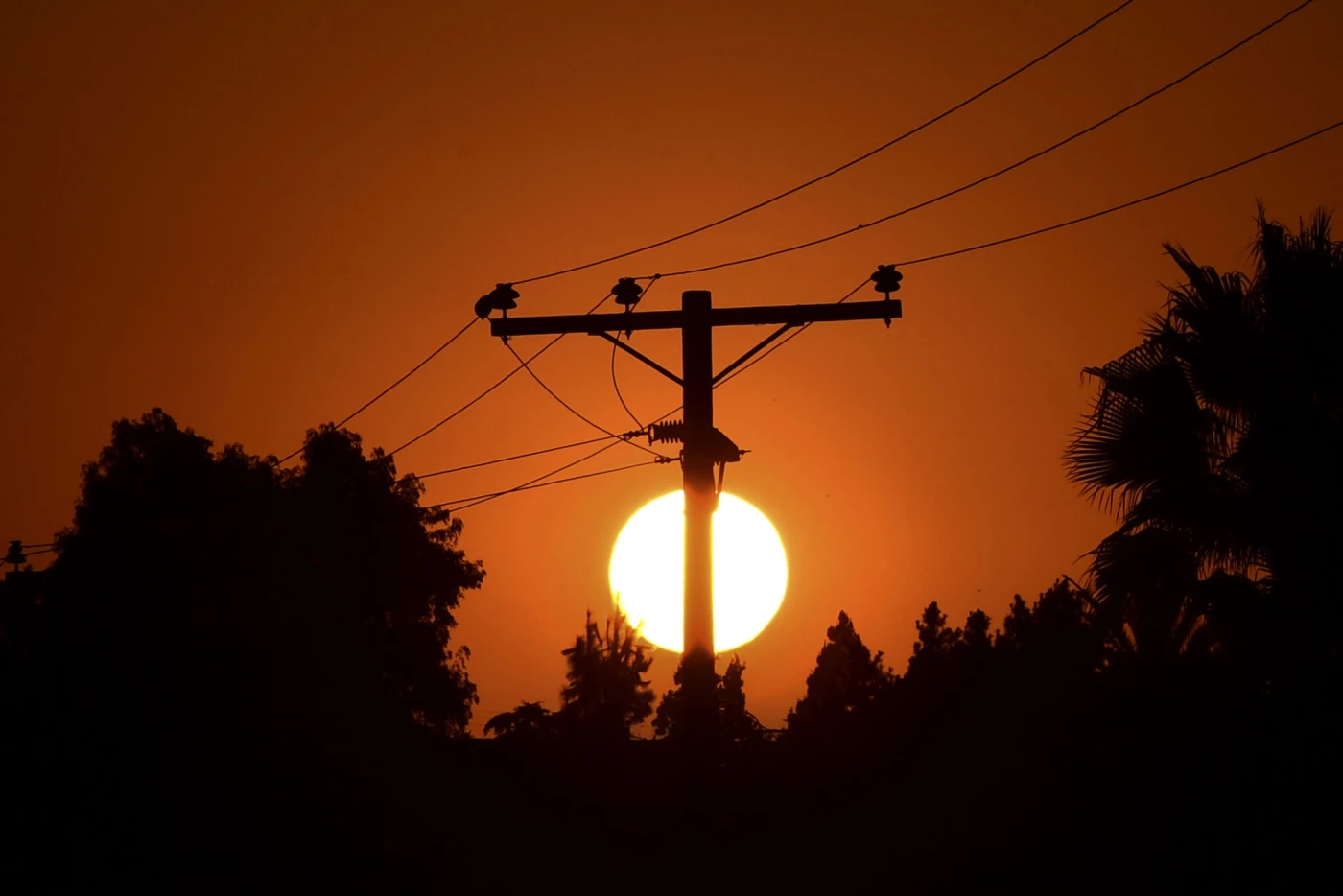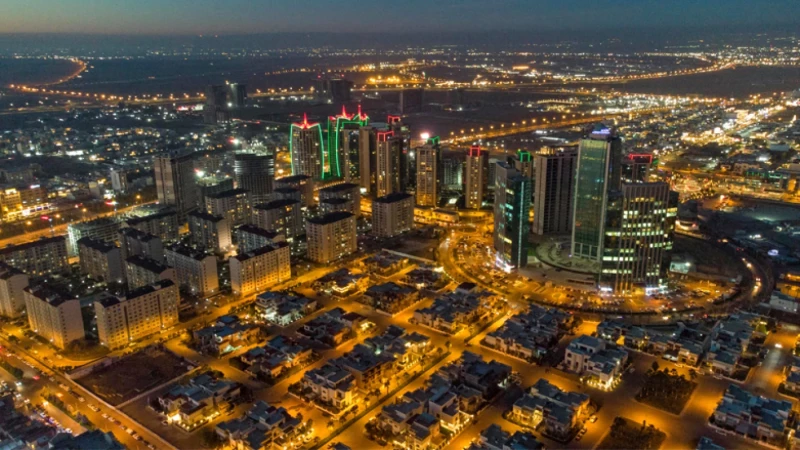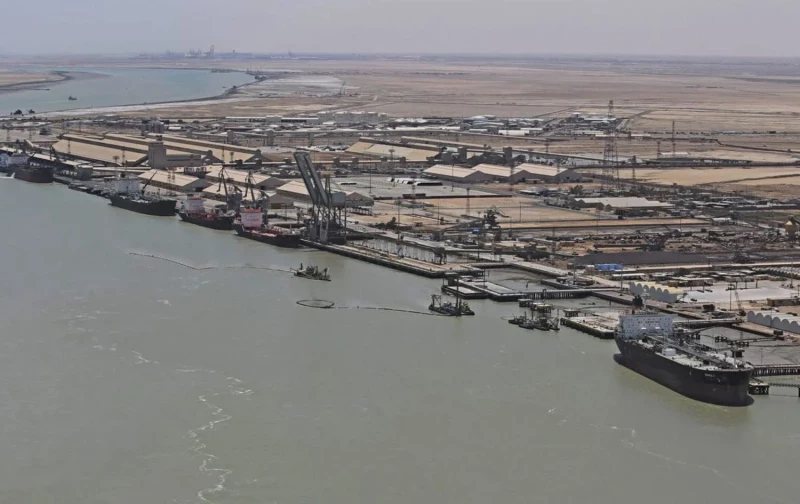ERBIL, Kurdistan Region of Iraq – Several Iraqi provinces on Monday suffered a complete power outage due to faulty transmission lines, with the Kurdistan Regional Government (KRG) offering assistance to address the root cause of the issue.
Various sources in several Iraqi cities told The New Region that the outages had affected most cities in the central and southern regions of the country, amid rising temperatures reaching nearly 50 degrees Celsius. The shutdown was caused by "a fault in transmission lines," according to the Chairman of the Parliamentary Electricity and Energy Committee, Mohammed Nouri al-Abd Rabbeh.
“The power system across all Iraqi governorates experienced an emergency power outage from the main source. We are continuing direct coordination with the Ministry of Electricity and the National Control Center to expedite the restoration of power and address the malfunction as quickly as possible," said Babil Governor Adnan Faihan al-Dulaimi in a statement.
“We have directed the relevant committees in Babil Governorate to continuously monitor the operation of private generators to ensure the continuity of services provided to visitors and residents of the governorate, in addition to continuing to provide water and ice to the visitor service convoys," the Babil governor added.
Aziz Ahmad, Deputy Chief of Staff to Kurdistan Region Prime Minister Masrour Barzani, offered the KRG’s assistance amid the outages. “We’re ready to help fix this longstanding problem, as we are now doing in the Kurdistan Region,” said Ahmad in an X post shortly after the outages.
"This will continue happening in the future until the root causes are addressed," said the KRG official, noting that "the KRG’s Runaki initiative aims to tackle this through responsible usage, demand control, and new tariffs."
Iraq’s power grid, after the completion of maintenance works and the return of natural gas, is currently capable of producing 27,000 megawatts. However, the current output sits at 17,000 megawatts, while Iraq’s power demand is around 32,000 to 35,000 megawatts, leading to frequent power outages across the country.
In February, three Iraqi provinces suffered another complete outage akin to the current one in Basra, Maysan, and Dhi Qar, marking the second outage in just a week at the time.
The outages in Iraq mark a stark contrast with the Kurdistan Region's energy infrastructure, where nearly three million people now enjoy uninterrupted 24/7 electricity thanks to the Runaki initiative under the KRG’s ninth cabinet, with more households and cities being added to the fold continuously until the entire region is covered under the program by 2026.
The initiative has led to over 2,500 private power generators being phased out, with the government shooting for 7,000 private generators by the time the project is fully implemented, which will be replaced with what the statement describes as “clean, reliable, and affordable electricity throughout the Kurdistan Region.”
Iraq has long relied on imports of electricity and gas from Iran, which account for between 30 to 40 percent of its energy needs. These imports are especially crucial during the summer months, when temperatures can reach 50 degrees Celsius and energy demand peaks.
Baghdad, however, has faced difficulties paying for these imports due to US sanctions, which restrict payments to Iran to non-sanctioned goods such as food and medicine.


 Facebook
Facebook
 LinkedIn
LinkedIn
 Telegram
Telegram
 X
X



